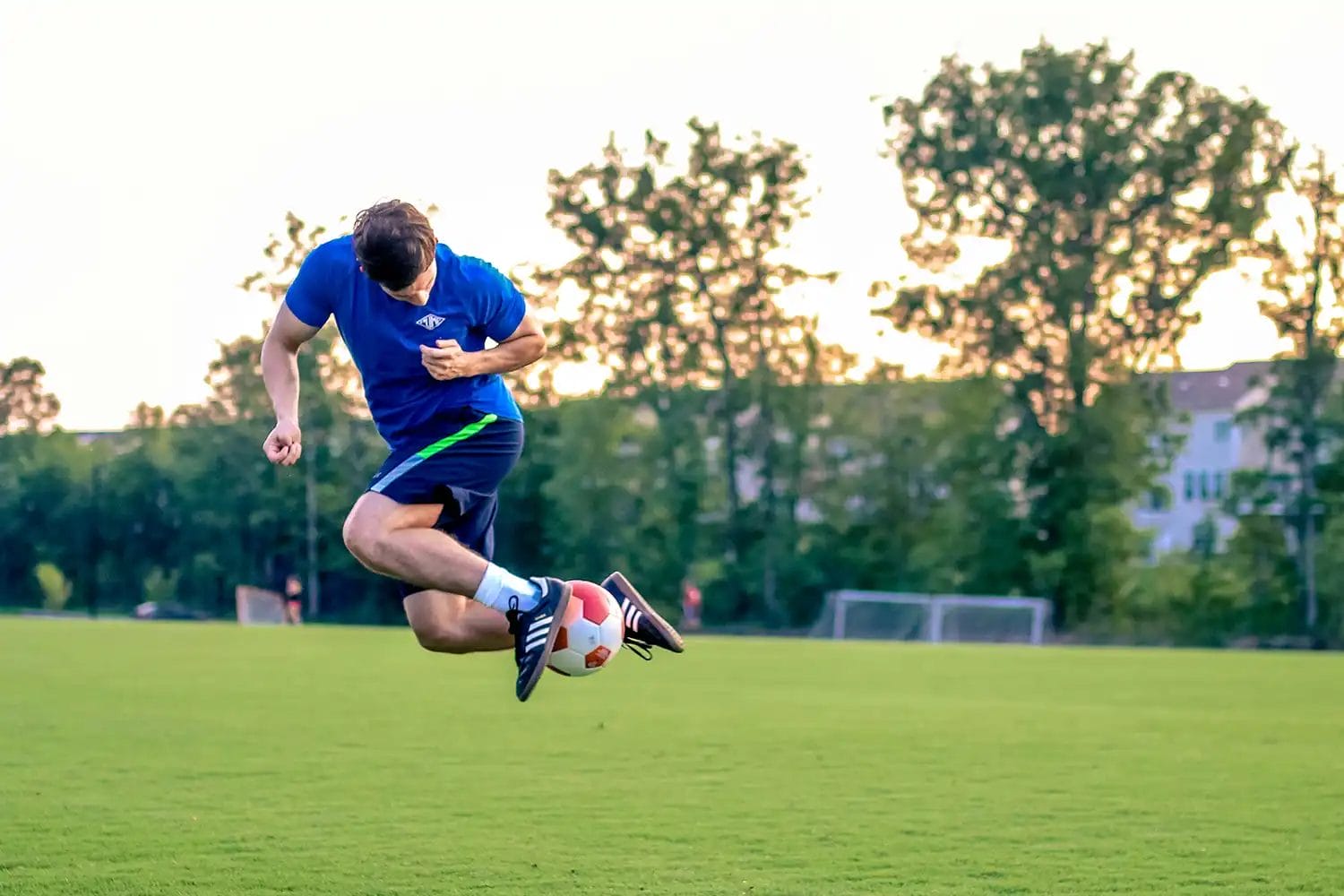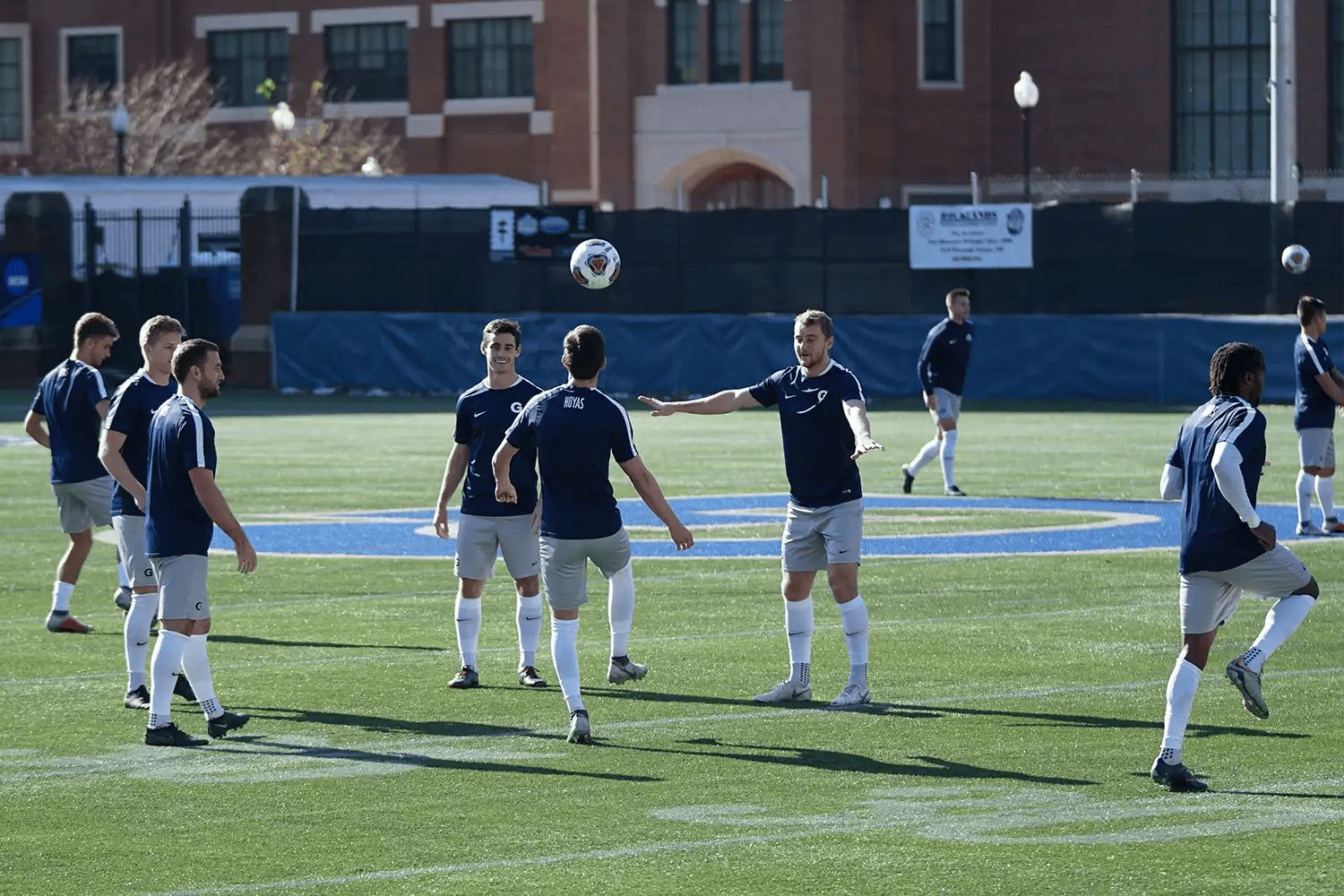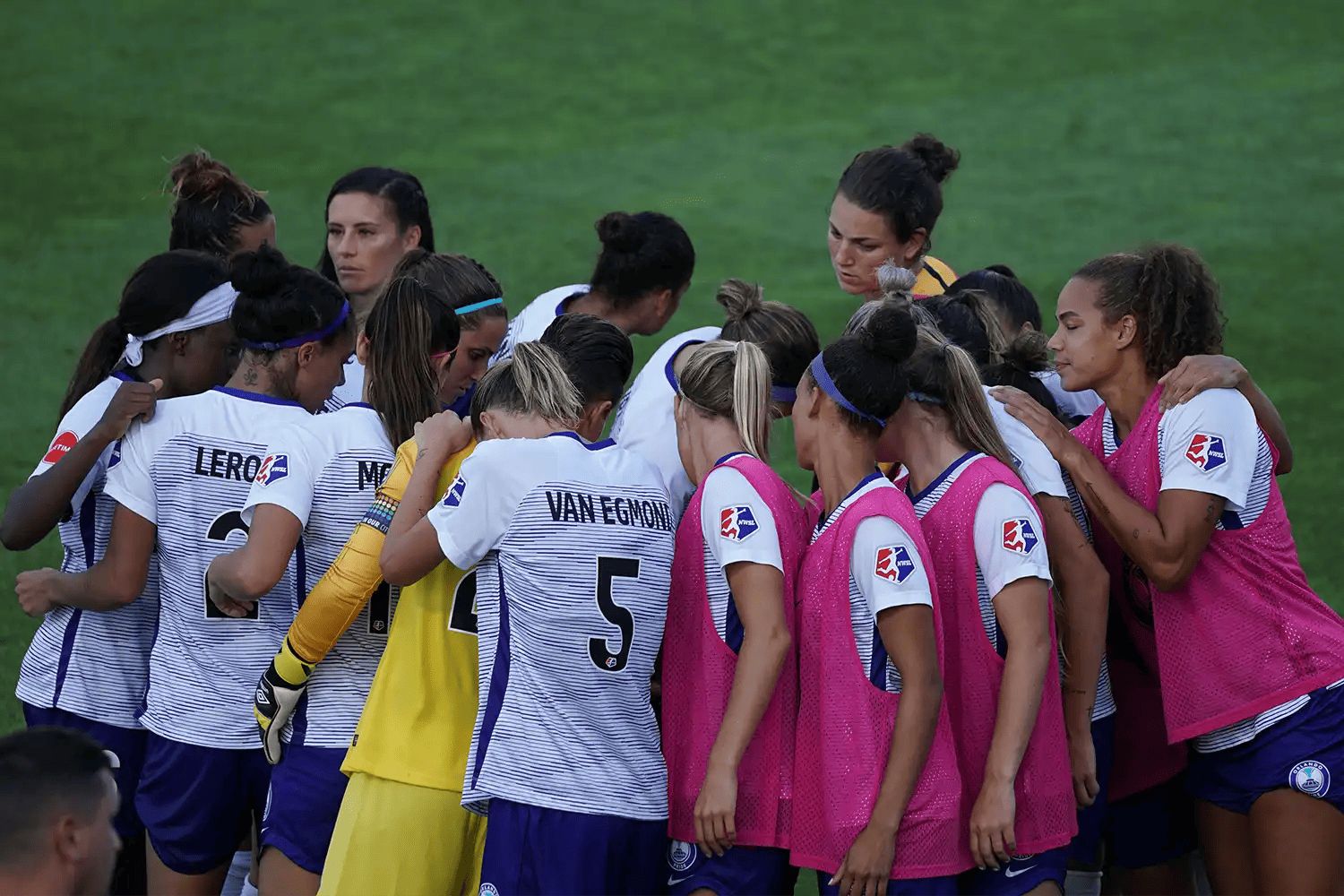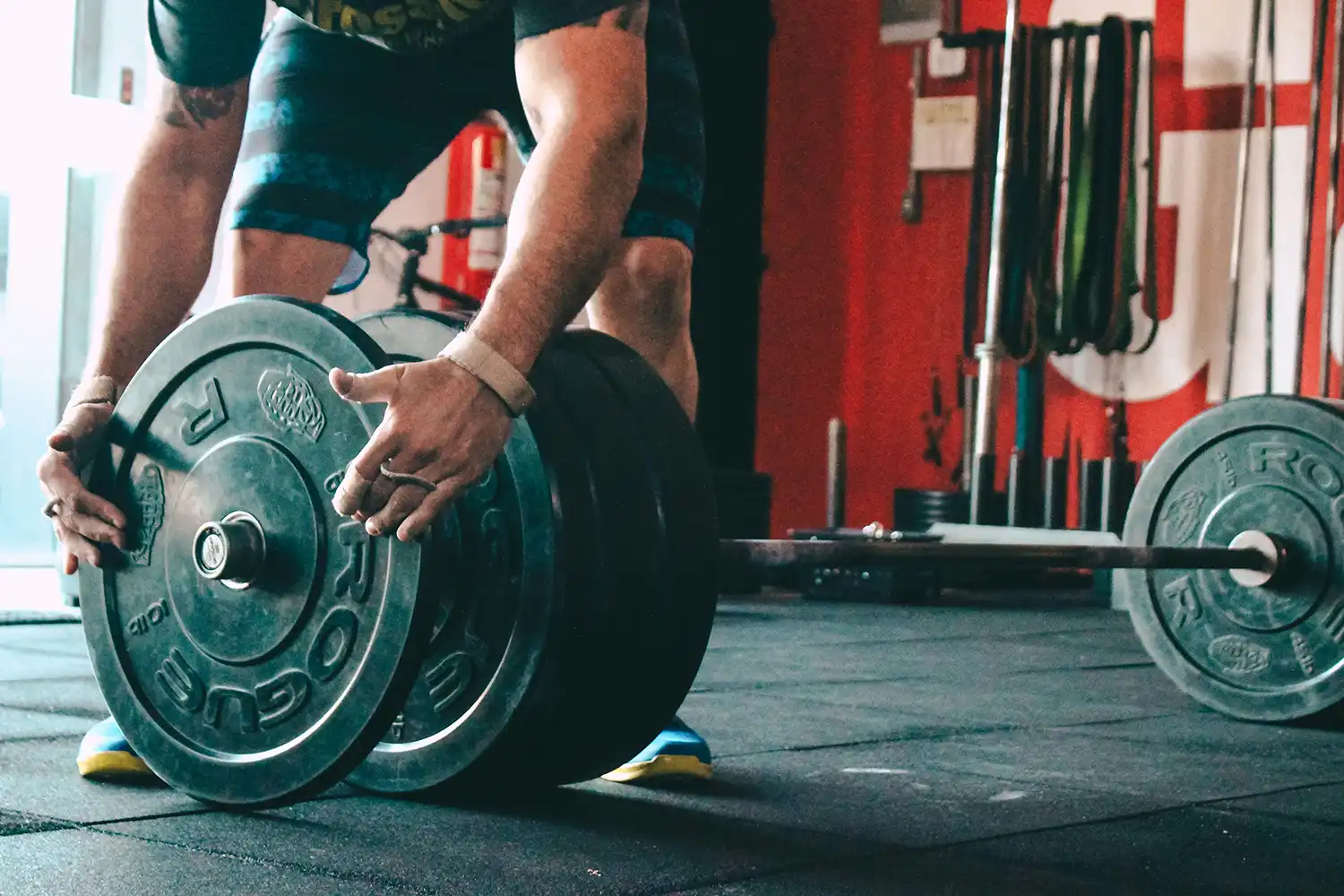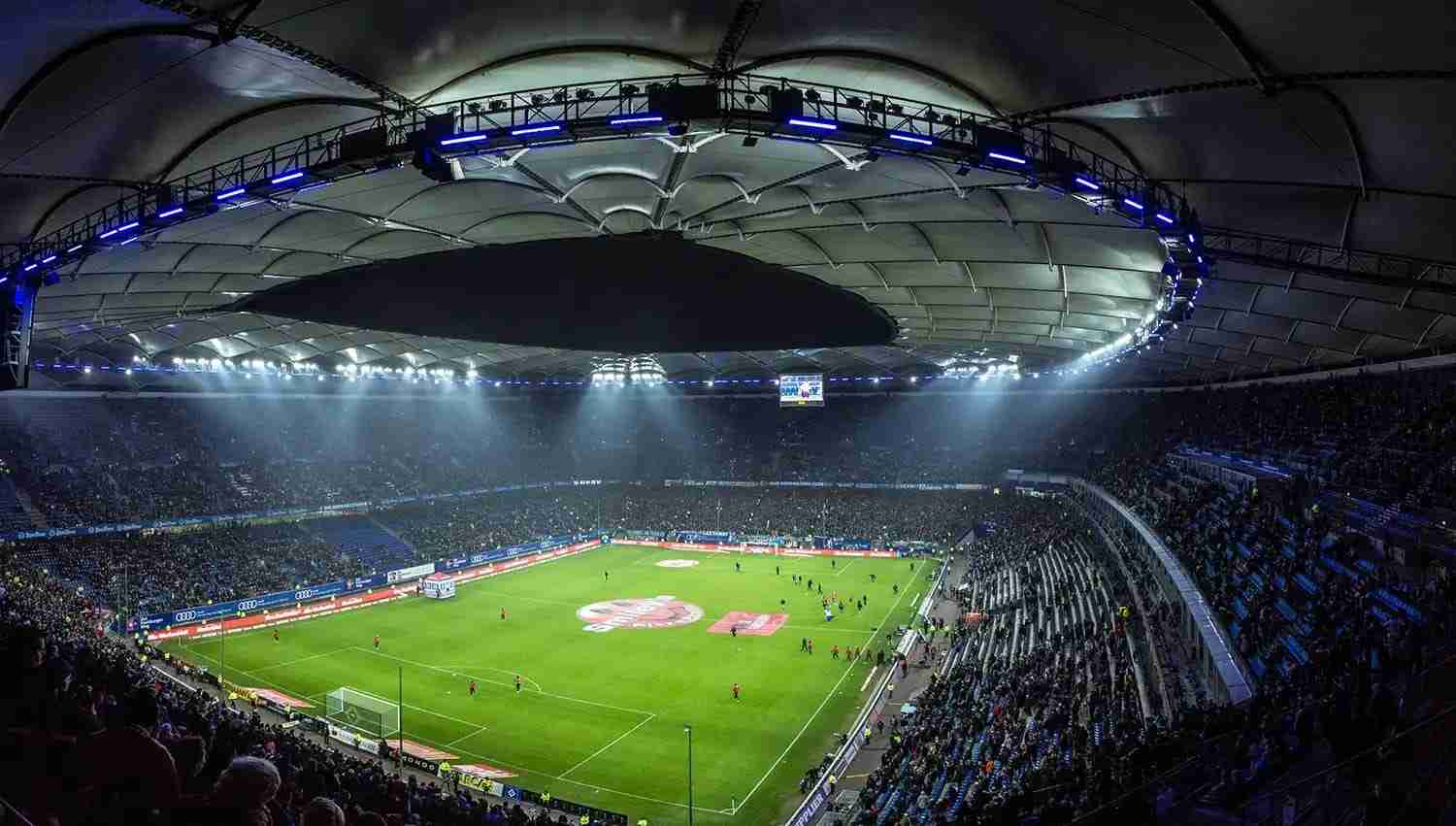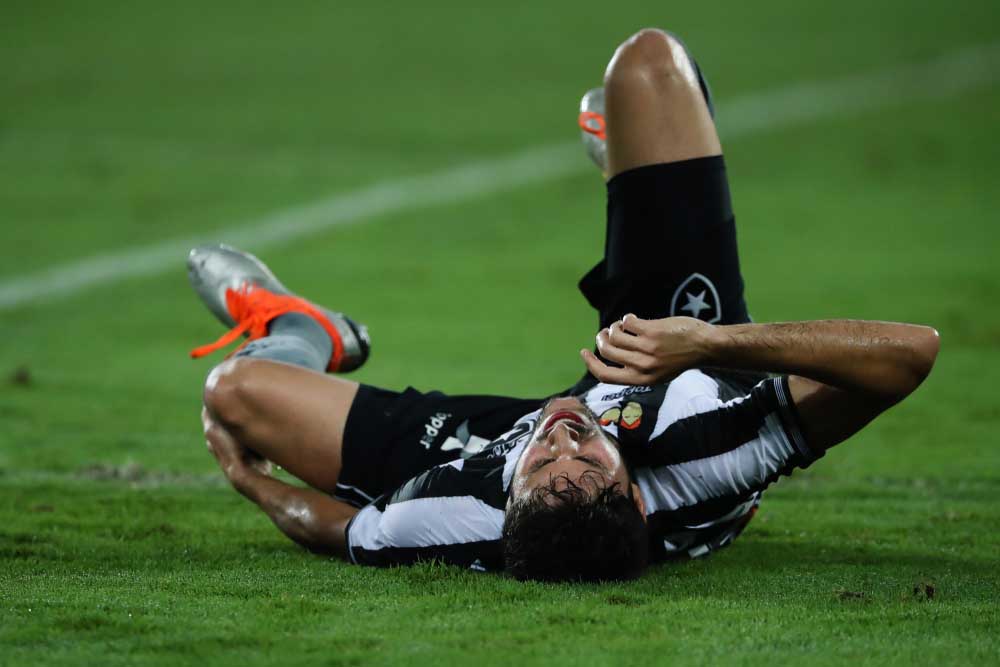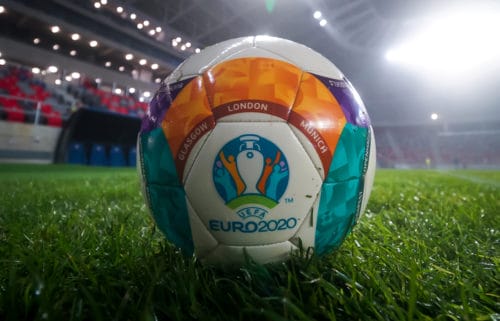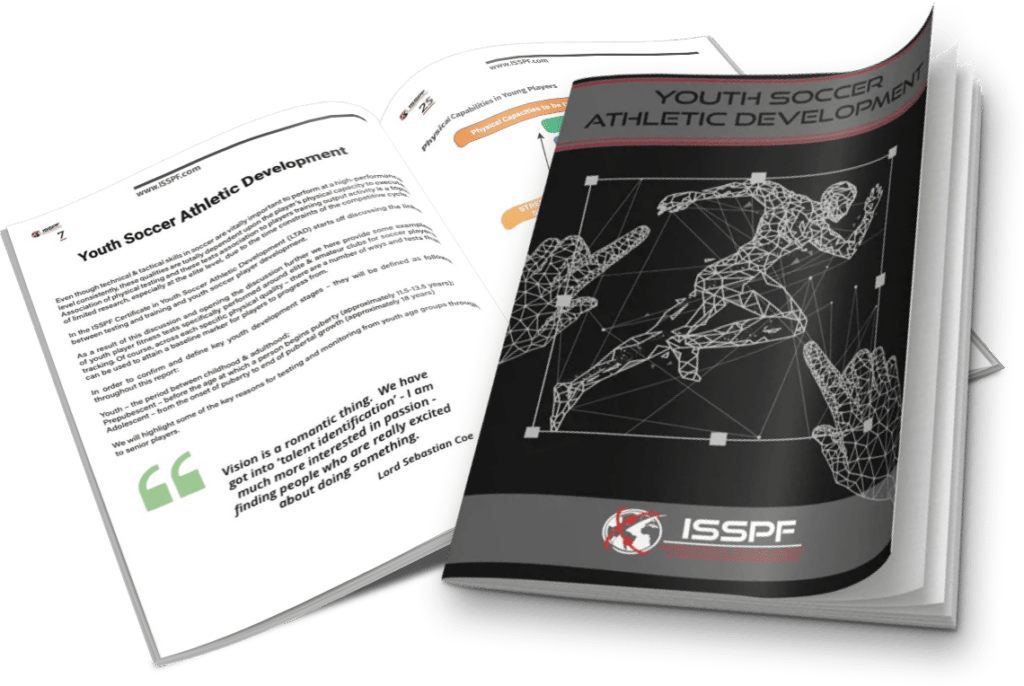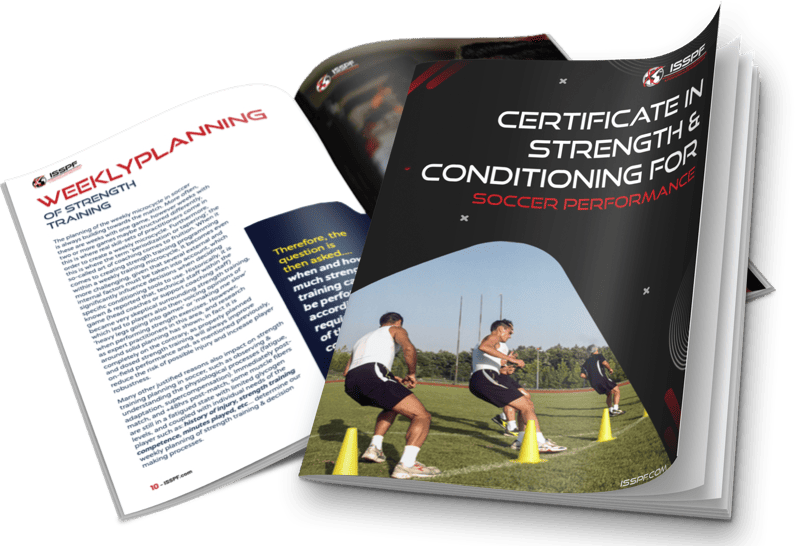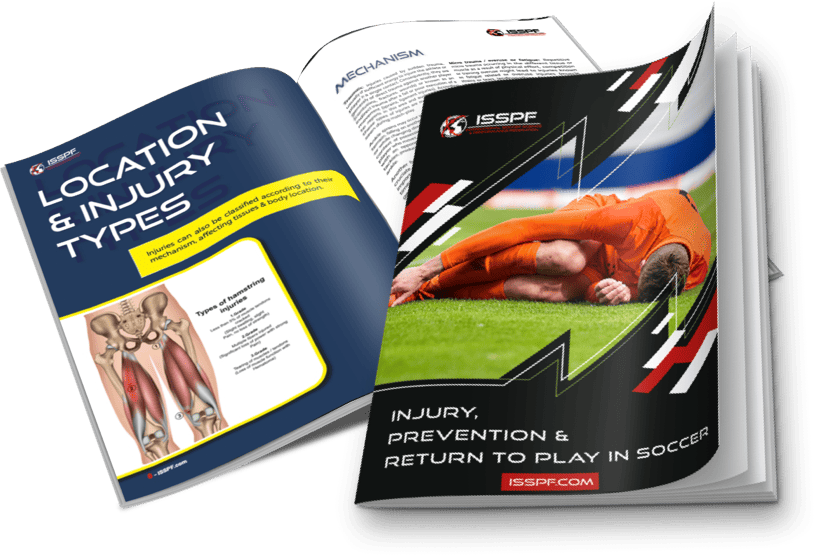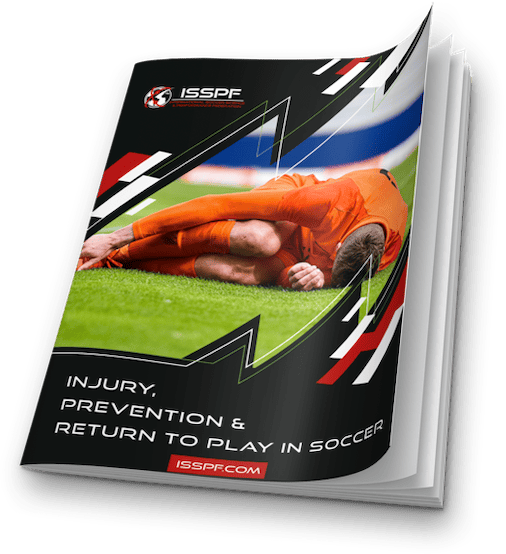Author: Alex Bevens (Lead Academy Sport Scientist)
In the world of strength and conditioning, the journey transcends the mere counting of sets and reps. Equally, it is often said that success is built on a foundation of knowledge and experience.
Yet while knowledge and technical proficiency is undoubtedly crucial, there exists a dimension beyond the barbells and dumbbells—a realm where qualifications, soft skills, conflict resolution, staff management, and collaboration form the pillars of a truly successful practitioner.
Academic Qualifications
Embarking on a career in strength and conditioning typically requires a solid educational background. Aspiring professionals must first open the door to this dynamic field by obtaining the necessary qualifications and gaining hands-on experience. Many practitioners hold degrees in exercise science, kinesiology, or related fields serving as the gateway.
Certifications from reputable organisations such as the National Strength and Conditioning Association (NSCA), the UK Strength and Conditioning Association (UKSCA), or the Australian Strength and Conditioning Association (ASCA) can also add credibility to a practitioner’s profile.
However, the learning process does not stop with formal education. Continuous professional development is crucial to staying current with the latest research and trends in the field. Seminars, workshops, and conferences offer valuable opportunities to expand knowledge and network with fellow professionals.
Internships and Practical Experience
While academic qualifications are essential, the true essence lies in practical experience. Internships with reputable strength and conditioning programmes or sports teams provide invaluable hands-on experience. The gym floor becomes a classroom, and each athlete a unique lesson. Working with diverse populations, from elite athletes to beginners, fosters adaptability—a trait no certification can fully instil.
These opportunities allow individuals to apply theoretical knowledge in real-world settings, gaining insights into athlete management, programme design, and the day-to-day challenges of the profession.
Mentorship plays a pivotal role in this phase. Learning from seasoned professionals provides a unique perspective that textbooks cannot offer. Establishing connections within the industry can open doors to internships, job opportunities, and a supportive network that lasts throughout one’s career.
The qualification gets the door open, but practical experience will most likely keep that, and other doors open for you.
Strength & Conditioning for Soccer Performance Course
The Silent Architects of Success
Beyond the technical aspects of designing, assessing, and evaluating programmes, soft skills are often the architects that distinguish great strength and conditioning professionals. The ability to empathise, communicate, and motivate are as essential as designing the perfect workout plan.
Athletes are not just seeking physical transformation; they crave a supportive and encouraging environment. These interpersonal skills are often the glue that binds successful teams and ensures effective communication with athletes.
Communication Skills
Effective communication is a soft skill, which is paramount to the success of a strength and conditioning programme.
Coaches must be able to convey complex concepts in a way that resonates with athletes, helping to establish a positive training environment.
Moreover, listening is an often-overlooked aspect of communication.
Listening to athlete feedback, understanding their goals and being able to produce the desired results are skills that elevate a practitioner from good to exceptional. Empathy; the ability to understand and share the feelings of another, creates a bond that goes beyond the weights, fostering trust and long-term relationships.
Athletes probably spend more time in and around strength and conditioning coaches than any other member of the multidisciplinary team and therefore athletes often feel at ease, as well as most comfortable sharing information. I was once told, ‘not to get too close with athletes as they are not friends’, yet it is precisely your closest friends and family that you feel able to be open and honest with.
By allowing a positive working relationship to flourish, S&C staff will experience an influx in athlete buy-in. I should clearly state, that respecting professional boundaries with regards to the coach-athlete relationship is a given.
Motivational Techniques
Motivation is a driving force in the world of strength and conditioning. Coaches must inspire athletes to push their limits, overcome obstacles, and stay committed to their training.
The ability to employ motivational techniques tailored to individual personalities is a hallmark of a successful coach.
Motivation extends beyond the training floor; coaches must instil discipline, work ethic, and a growth-mindset in their athletes. This requires a deep understanding of the psychology of motivation and the ability to adapt strategies to different individuals and team dynamics.
Dealing with Conflict: Navigating Challenges
Conflict is inevitable in any professional setting, and strength and conditioning is no exception.
Whether it’s a disagreement with an athlete over training methodology or clashes among fellow coaches and staff members, the ability to navigate conflict is a crucial skill for sustained success in the field. Conflict resolution skills are, in essence, the glue that holds a team together.
Conflict Resolution Strategies
Coaches must be adept at identifying the root causes of conflicts and addressing them promptly. Open communication, active listening, and a willingness to compromise are key components of effective conflict resolution. Implementing clear channels for feedback and establishing a positive team culture can preemptively reduce the likelihood of conflicts arising.
However, when conflicts do arise, a calm and rational approach, coupled with active listening, helps in understanding different perspectives and finding common ground.
Moreover, conflict should be regarded as an opportunity for growth. Constructive feedback from athletes or colleagues can lead to improvements in coaching methods and philosophy, programme design, and team dynamics.
Embracing a growth-mindset allows coaches to turn conflicts into valuable learning experiences.
Emotional Intelligence
Emotional intelligence is the ability to recognise and manage your own emotions while understanding and influencing the emotions of others.
In the high-stakes world of sport, coaches must navigate a wide range of emotions, from the frustrations of a tough loss to the opposing elation of a winning performance.
Developing emotional intelligence enables coaches to connect with athletes on a deeper level, understand their motivations, and provide effective support during both triumphs and potential setbacks, such as injury. It also allows coaches to maintain composure in high-pressure situations, setting a positive example for their athletes.
Managing Staff: Building a Cohesive Team
In a strength and conditioning facility, the role of a practitioner extends far beyond dictating workout plans and overseeing the day-to-day operations of the department.
Managing staff is similar to orchestrating a symphony, whereby each member plays a vital role. It involves understanding individual staff strengths, promoting a collaborative environment, and providing leadership that inspires.
Leadership and Team Building
Successful management begins with strong leadership. Coordinating a team of diverse individuals requires a leader who can inspire, delegate, and provide clear direction. Establishing a shared vision and values promotes cohesion and ensures that everyone is working towards common goals.
Team building activities can play a crucial role in creating a sense of belonging among staff members.
Whether it’s through informal meetings and discussions, workshops, or team-building exercises, creating opportunities for staff to bond enhances communication and collaboration.
Role Clarification and Professional Development
Clearly defined roles and responsibilities contribute to a well-functioning team. Each staff member should understand their specific duties and how they fit into the broader organisational structure. This not only streamlines operations, but also minimises potential conflicts arising from ambiguity.
A successful manager can identify and nurture talent within the team. Acknowledging and appreciating the unique skills each staff member brings to the table, fosters a sense of belonging and unity. Investing in the professional development of staff is another key management responsibility.
Encouraging ongoing education, providing opportunities for skill development, and recognising achievements contribute to a motivated and satisfied team.
Collaborating with the Multidisciplinary Team of Staff
Strength and conditioning professionals rarely work in isolation. They are integral members of a multidisciplinary team that includes physiotherapists, nutritionists, sports psychologists, and more.
Collaboration with this team of professionals is not just advantageous; it’s indispensable.
Integration of Expertise
Each member of the multidisciplinary team offers a unique set of skills and expertise that should be utilised. Strength and conditioning coaches must understand and appreciate the contributions of their colleagues, integrating this knowledge into their training programs.
Establishing open lines of communication and mutual respect with other professionals ensures a holistic approach to athlete well-being. Such collaboration optimises performance outcomes, while prioritising the athlete’s health and well-being.
Shared Athlete-Centric Goals
Aligning individual goals and strategies ensures a unified approach to athlete care. Collaboration, discussing individual cases, sharing insights, and coordinative efforts lead to more comprehensive and tailored solutions. Ultimately enhancing the overall quality of care provided to athletes.
Conclusion
To excell in the field of strength and conditioning, you must look beyond mastering sets and reps. It requires a holistic approach that encompasses academic qualifications, soft skills, conflict resolution strategies, effective staff management, and collaborative efforts within a multidisciplinary team. By opening the door to continuous learning and embracing the broader aspects of the profession, strength and conditioning professionals can elevate their coaching capabilities and contribute significantly to the success of athletes and teams.
- What now?
- What’s the next step?
- Which area of sport or football science & medicine do I want to specialise in?
- How can I take my learning to the next level?
These are certainly interesting questions as progressing from completing a sporting, medical or therapy related degree to then working in professional soccer & trying to understanding all the key components, and soft skills that come with jobs in soccer or careers within sport is complex.
As a result, the bespoke courses developed by ISSPF Fitness, Medical & Football Science Faculty members are a way of further exposing learners, parents, professional coaches, students, or other individuals interested in football science with a thirst to develop & up-skill further.
The link below will take you to the hugely popular & expertly designed ISSPF endorsed & accredited Strength & Conditioning for Soccer Performance online sport science course, where you will be exposed to soccer medicine & coaching science led research, with practical examples used by the game’s leading practitioners.
Who is this Strength & Conditioning course for?
- Individuals tasked with the responsibility for the strength & conditioning, training, preparation & coaching aspects of soccer players.
- Individuals with an interest in developing their own knowledge in the strength & conditioning, training & development of individual soccer players and teams.
The Certificate in Strength and Conditioning for Soccer Performance provides you with the most efficient and modern training methods, drills and exercises to maximise the speed, endurance and strength of your players for peak match day performance.
This course is suitable for:
- Individuals tasked with the responsibility for
- Individuals with an interest in developing their knowledge in
The course is comprised of the following:
- 15 study hours
- Pre- & post-lecture reading references
- Multiple-choice tests
- Course assignment
- Certificate of Achievement
Elevate Your Game with the Certificate in Strength & Conditioning for Football Performance! 🏋️♂️⚽
Unlock your full potential on the football field with our specialized online course! Introducing the ISSPF Certificate in Strength & Conditioning for Football Performance, your key to superior athleticism and game-changing skills.
🌐 WHY CHOOSE OUR COURSE?
✅ Expert-Led: Learn from industry-leading professionals with a proven track record in football performance.
✅ Comprehensive Curriculum: Master the science behind strength and conditioning tailored specifically for football players.
✅ Flexible Learning: Access engaging modules at your own pace, from anywhere in the world.
✅ Practical Insights: Gain real-world insights and strategies to enhance on-field performance.
✅ Internationally Recognized Certification: Boost your career prospects with a certification recognized globally.
📈 WHO SHOULD ENROLL?
Football or soccer coaches, fitness enthusiasts, and anyone passionate about optimizing performance in team sports.
🎓 WHAT YOU’LL LEARN:
🏋️♂️ Strength Training Protocols
🏃♂️ Speed and Agility Development
🤸♂️ Injury Prevention Strategies
🍽️ Nutrition for Footballers
🔥 Ready to take your football performance to the next level? Enrol now and kickstart your journey with the ISSPF Certificate in Strength & Conditioning for Football Performance! 🔥
📧 For inquiries contact us
Share this article:


